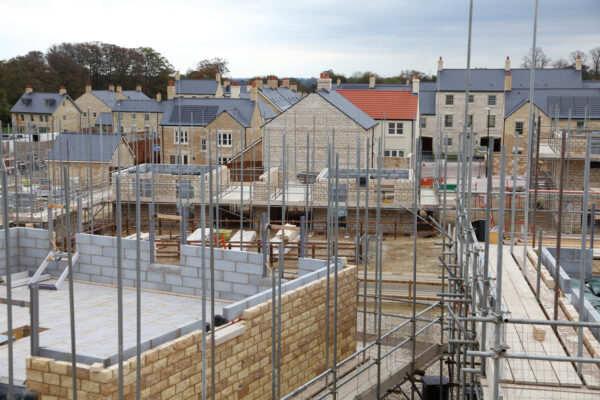

Whilst Land Registry figures show that nearly 90% of land in the UK is now registered, there are still plenty of cases of disputed ownership or boundaries.
In the UK, adverse possession happens when someone occupies land which doesn’t belong to them and subsequently claims legal ownership of that land. Legislation on adverse possession was updated over twenty years ago, but the issue is still often misunderstood.
Press coverage often focuses on people claiming ‘squatters rights’ but it is now much more difficult to claim adverse possession of empty buildings or land. However, disputes still regularly arise, particularly in relation to neighbouring land, where such a claim often goes hand in hand with a dispute over the correct boundary.
Despite the new legislation being introduced, claims for adverse possession are still in something of a transitional phase and the old rules may still apply if someone can prove that they occupied the property or land in question for 12 years before October 2003. For claims relating to periods of adverse possession since that time, it has become more difficult to stake a claim via occupation. The length of occupation has reduced (from 12 years to 10) however the registered owner is generally able to block this type of application.
The applicant is therefore unlikely to be successful unless the registered owner doesn’t take action, or the land in question is neighbouring land that the occupier reasonably believed belonged to him for the requisite period. You can find out more in our guide to adverse possession here.
Could I be affected by adverse possession?
Anyone owning land or property should be aware of the possibility of someone attempting to claim part of it via adverse possession. Common scenarios include where part of farmland or development land has been used for a period of time without objection by the owner (who may have been unaware of the use). In that scenario there could be a claim for adverse possession which often only comes to light when a fence is put up ready for development to start, or a planning application is submitted.
Similarly, inaccurate boundaries based on title deeds (which only denote “general boundaries”) can lead to one property using part of someone else’s property for decades. This may only be noticed when one of the properties is sold and the boundaries are disputed. A claim for adverse possession can often de-rail or significantly delay the sale or development of land and can be extremely disruptive and costly to resolve.
How can I avoid this type of property dispute and how can HCR help?
Confirming that your land or property is properly registered and that the boundaries are correct is the most important step. And if you move, particularly if you own multiple properties, make sure that the Land Registry has your current details. This will ensure that you are made aware of any claims for adverse possession and can challenge them promptly.
If you are buying land or property, make sure that the boundaries are clearly defined, and you are certain about what you are buying and who is in occupation of that land as this is crucial to avoiding issues further down the line. Some boundaries, particularly in more rural areas, may not be easily determined and this can lead to delays for developers or instances of owners not having the title of the land they thought they had purchased.
Getting expert advice in this area can mean the difference between a successful or an unsuccessful claim or defence of a title. We regularly act for developers or commercial property owners and tenants, advising them on such property issues and disputes. From assessing the situation and making sure you understand your position to advising you on a strategy to move forwards and negotiating on your behalf to settle a case, we provide a commercial and proactive service. We take a pragmatic approach, negotiating robustly to resolve the situation and minimising costly delays.
Whether you are the registered owner of a title, or someone who is claiming adverse possession, you’ll want us on your side.










